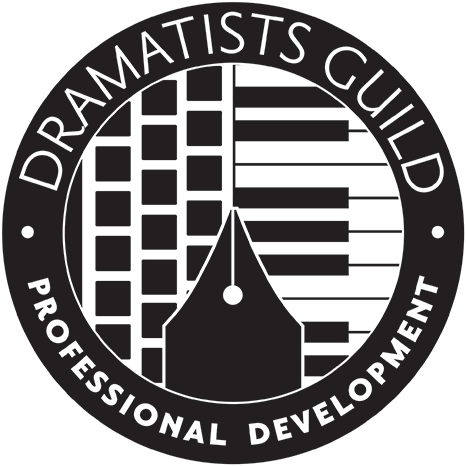
Strategies of Adaptation
Fall 2022
Cost: $500
Wednesdays
Starts September 14
Maximum students: 10
Ten-Week Online Course
Time
Atlantic Time: 8pm – 11pm
Eastern Time: 7pm – 10pm
Central Time: 6pm – 9pm
Mountain Daylight Time: 5pm – 8pm
Mountain Standard Time/Pacific Time: 4pm – 7pm
Alaska Time: 3pm – 6pm
Hawaii Time: 1pm – 3pm
Summary
How do you use canonical texts to reimagine stories in ways that shed new light on both the source material and the times that we’re living through?
This class will explore methods and strategies for adapting classical plays from the Western canon for 21st century stages. Through a series of reading assignments and writing exercises, students will learn how to break down source texts by considering their themes, characters, settings, stories, and styles.
Instructor Tim J. Lord will broaden students’ knowledge of contemporary adaptations in a workshop culture of openness and sharing.
Requirements for this Class
This class is suitable for playwrights at pretty much any point in their writing careers, but it is not an intro to playwriting course. Students should have a fundamental understanding of playwriting and the crafting of dramatic action.
This class combines dramatic theory with hands-on execution. To that end, students will read plays from the Western theatrical canon, as well as contemporary adaptations of those plays, then use the identified strategies to craft new works of their own.
The strategies students will learn are applicable to adapting material from any narrative-based form for the stage. That said, this class will focus on adaptations of classical plays. (Past examples include Oedipus v. Luis Alfaro’s Oedipus el Rey, Richard III v. Mike Lew’s Teenage Dick, and The House of Bernarda Alba v. Marcus Gardley’s The House That Will Not Stand.)
Classes will be a blend of (light) lectures, reading and discussion, and the sharing of new, original monologues and scenes.
Expectations for this Class
Regular attendance: Students are expected to attend the course as frequently as possible. Life happens, of course, but students should do their best to be present at all classes in order to be able to contribute as much as they receive.
Full participation: Students should come to class having completed all the homework. Students will be expected to fully participate in discussion sessions that draw upon their reading and writing assignments.
A supportive workshop atmosphere: Constructive criticism is a must in every workshop setting. Students will therefore be expected to ask questions and offer feedback in a supportive manner, (as opposed to offering subjective opinions based on the student’s individual taste).
After Completion of Class
Students will have an expanded familiarity with contemporary adaptations.
Students will have an extensive set of tools for creating their own adaptations.
Students will have an outline, and several scenes, and monologues with which to start a new play.



